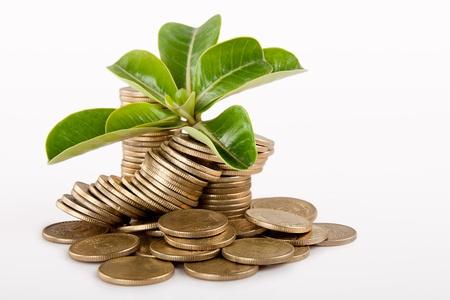
The market was of the impression that the financial crisis of 2008 will be the biggest economic catastrophe the world may bear for a long-time. This is because the world regulators found a way-out of the financial problems and were continuously actively managing and reviewing the economic position with handy co-ordination with key central banks. The role of central banks and government’s improved post the crisis, by anticipating upcoming system risk, providing additional liquidity and changing norms to overcome the upcoming risk. Post the 2008 problem, the world had two small down cycles – euro debt crisis of 2010-11 and Brexit crisis of 2015. While in India we had down cycles due to demonetisation and the ongoing instability from NPAs and shadow banking between 2015 and 2019. All this provided a hitch to the market and respective sector but was being overcome with corrective actions and regulatory support. The outlook for 2020 was getting better for the world and domestic economy because of stability of the financial market.
In December 2019, IMF upgraded the world growth forecast of CY2020 to 3.2% and India was working towards 6% to 6.5% GDP growth for FY21. When the novel coronavirus crisis arose, it was assumed to be a local epidemic than as a pandemic. At the same time in India it was expected to have only a moderate impact due to disruption in supply chain from. In January IMF cut world GDP growth forecast by only 0.1% to 3.1%. But in the coming months their view completely changed, WHO declared the coronavirus health crisis as pandemic, in April IMF said the coronavirus pandemic economic fallout is the biggest economic threat “like no other” because never in its history the world has come to a standstill. They also assume now that it will be worse than the global financial crisis of 2008.
IMF has not provided the new downgraded forecast as it is pointless to assume the full effect today. Nonetheless on a positive note IMF observed that the world will get through this, but how fast and effective will depend on the actions. A synopsis of 2008 financial cycle is that World GDP growth was 4.2% in 2007, the economic effect of which impacted for a period of two years, collapsed to 1.8% in 2008 and -1.7% in 2009. The IMF forecast for world GDP growth was 2.5% in 2019, if the lockdown continues we can expect a negative growth in 2020 due to standstill.We can assume that the worst impact will be in Q2CY20 due to lockdown, which is the ongoing quarter. Assuming a successful lockdown, we can expect improvement on a quarter to quarter basis as lockdown opens-up.
If this assumption is accurate then we should start investing in equity market in Q2CY20. This quarter has just started and the subdued trend will continue in with high volatility. By May and June if the pandemic is brought under a better control with stringent lockdown then we can expect improvement in equity market since it has factored fora recession in CY20 with Q2 as the worst. What the market has not factored is that how long will be the recession. Tocurtail economic collapse, the world’s financial market is flushed with enough amount of liquidity through fiscal & monetary stimulus announced by government & central banks. This liquidity will look for opportunities. The initial investments will be in stable and sustainable businesses like consumption & banks. In India it will be domestic oriented business.









